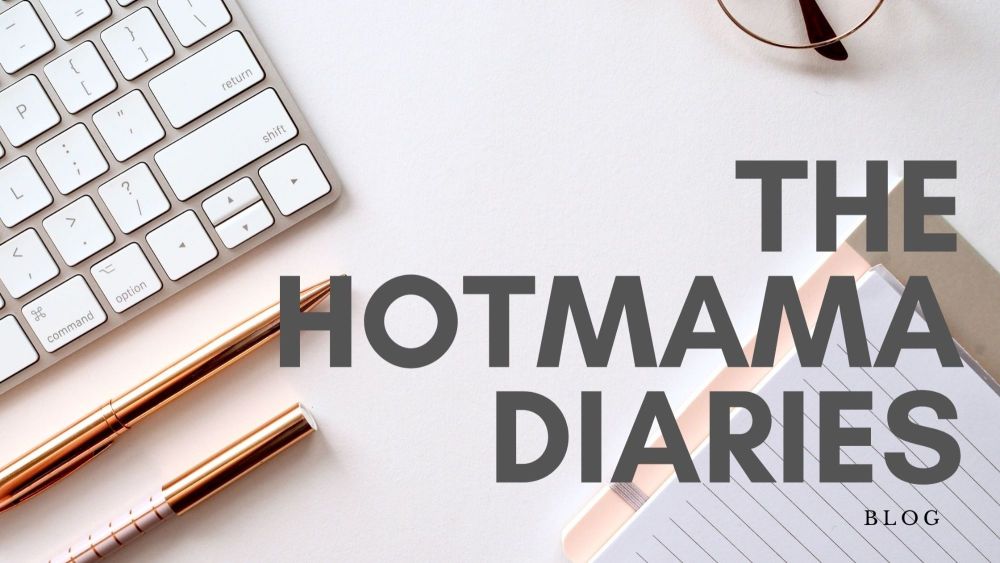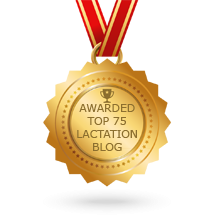To cloth or not to cloth?
Posted on

Cloth nappies have had quite the overhaul in recent years: Raggedy fabrics and safety pins are out and beautiful prints with modern fastenings are in! Using cloth nappies needn't be a complete swap from disposables either as many people use a combination of cloth and disposable nappies and find that part time cloth is what works for them. Still thinking about using cloth nappies? Here are some of the pros and cons and figure out if they’re the right fit for your family.
Pros
The Environment
They’re reusable meaning a huge reduction in nappies going to landfill where it's estimated they can take anywhere between 250 and 500 years to decompose. Even just replacing one disposable nappy per day will save on average of 700 nappies going to landfill per child. Other environmental benefits will depend on how many cloth nappies you choose to buy and where they are manufactured to determine the full environmental benefit eg buying second hand is a lot more environmentally friendly than buying new. But on the whole even factoring in manufacture and washing costs cloth nappies are considered much more environmentally friendly than disposables.
Avoids Chemicals
Disposable nappies contain chemicals which many mums prefer to avoid and can irritate a baby's bottom.
Cost
It's estimated that the cost of using disposable nappies varies from £210-£450 per year depending on brand and number of changes per day. As most children don’t potty train until at least 2 years old the cost of disposables really adds up. Cloth nappy costs also depend on the type of nappy you choose and the brand. Although it can be considered expensive to start, the savings over two years can be anywhere between £80-£700. Plus cloth nappies can be used for more than one child so if you reuse your cloth nappy stash with future babies it won't cost you any more other than washing costs. Cloth nappies also hold their value incredibly well for reselling after you've finished so many people make a good chunk of their initial investment back at the end of their cloth nappy journey.
Never running out!
Ok, so you may run out of clean cloth nappies if you're not on top of your washing but switching to cloth should mean mo more panicked trips to collect emergency nappies and no more nappies taking up valuable space in your shopping trolley.
Potential for easier and earlier potty training
Cloth diapers are thought to promote early potty training because your baby can actually feel the wetness against their skin. Disposables are so good at whickimg moisture away from baby that children can take longer to realise when they're going for a wee thus often making potty training a little harder.
Solid waste gets flushed down the toilet
Breastfed poos can be washed out in the washing machine and post weaning poos can be emptied into the loo and flushed immediately. So no more poos sitting in your bin and festering on those hot summer days!
Less nappy rash
Cloth nappies are made of natural breathable fibers which allow air to circulate around baby's bottom therefore reducing the likelihood of nappy rash.
They look beautiful!
There really is a whole world of beautiful cloth nappies available for your little one. From colourful prints to solid colours there really is something for everyone!
Cons
High upfront cost
You'll pay for most of your nappies early on in your baby's life rather than spreading the cost through their whole nappy journey as you would with disposables so you will have to pay out more in the beginnning.
Convenience
They need to be clean and dry for you to use so you need to be a bit more organised to ensure you have them ready for your little one. Plus if you run out when out and about you can't always find them in shops as readily as you would disposables.
Time
It can take time to find the right fit for your child and the right style that works for your lifestyle, although this is often also the case when using disposables. You will probably want to research the different types available and experiment with a few different brands before investing too heavily in one brand or style. Local nappy librarys can help a great deal with this but can be dependent on the area you live in.
Extra washing
Most people wash their nappies every 2-3 days to ensure they have fresh nappies available which does mean extra loads in the washing machine which can be more challenging especially if you're reliant on a laundromat rather than having your own machine or struggle for space for things to dry in colder months.
Greater chance of leaks
Cloth nappies aren’t as absorbent as their disposable counterparts, making them more prone to leaks. You’ll have to make sure you have the right kind and number of insert(s) to accommodate your wetter. You’ll also need to make sure you have a proper fit, with no gaps around your baby’s legs or very soon you could be spotting wet patches on your little one.
You have to clean poo off them
Yes, cloth nappies require you clean the poo off of them before washing if your baby has been weaned onto solids so theyre not for the very squeemish or poo averse. (Realistically though many mums become quite desensitised to poo after having a baby and don't find this a huge drawback!)
They can look more bulky
Cloth nappies tend to be bigger so you might find certain styles of clothes (such as skinny jeans) more challenging to wear.
Spriraling costs
With all the beautiful prints available like anything some people can become addicted to buying the newest print or style to match to baby's wardrobe or for special occasions. This can mean you end up spending much more than you really need to.


Add a comment: